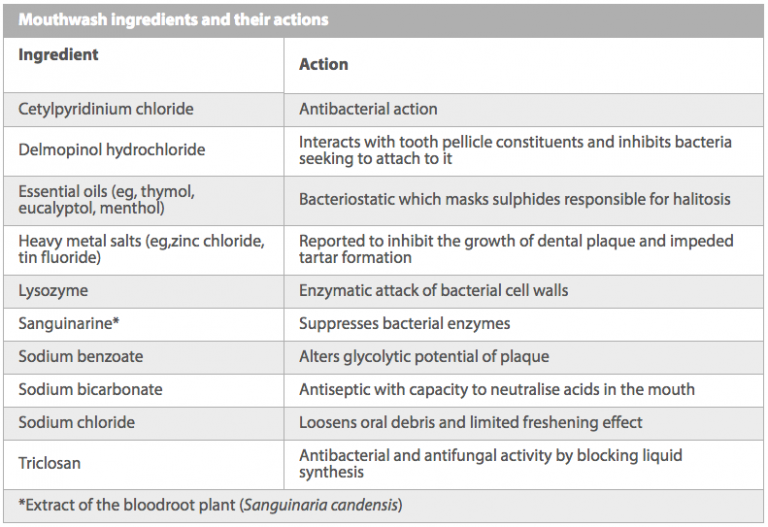Who’s to Blame for Your Gum Disease?
June 20, 2018Saliva Science
August 3, 2018Choosing the Right Mouthwash
Using a mouthwash can be a smart addition to your daily smile-care routine, yet according to the United Kingdom’s Oral Health Foundation, only 31% of adults use mouthwash. Ideally, you’re already adding it as a part of your routine, which includes brushing and flossing twice daily. If not, we have a few reasons you might want to add that finishing touch.
Antiseptics
Antiseptic mouthwashes contain Chlorhexidine, which has long been considered the gold standard for fighting bacteria, spores and fungi. The greatest benefit from this type of mouthwash comes when it is used before and/or after dental procedures, or periodically alternating it with your daily mouthwash.
Plaque-Inhibiting
Plaque is a biofilm formed by the colonizing of bacteria. Plaque-inhibiting mouthwashes use a variety of active ingredients, including antimicrobials, essential oils, as well as agents to prevent bacteria from adhering to tooth surfaces. Essential oils, like thymol, eucalyptol, and menthol, are capable of penetrating the plaque biofilm and disrupting the bacterial cell walls. These mouthwashes can be used periodically whenever that pesky film is forming, or to control the onset and progression of early-stage gum disease.
Preventive
These are fluoride mouth rinses that, when used in conjunction with a twice-daily oral care routine, help prevent cavities and tooth decay. Common practice is to use mouthwash right after brushing. New studies, however, show that using a preventive (fluoride) mouthwash between brushings can be more effective.
What if I if I have Sensitive Teeth?
There are a lot of products out there, and certain products work best for certain conditions. If you are uncertain which mouthwash or rinse would be best for you, stop by for a visit, or send us an email. For those curious folks, here is a chart of common mouth wash ingredients and their purpose.

Image courtesy of the Pharmaceutical Journal Online
